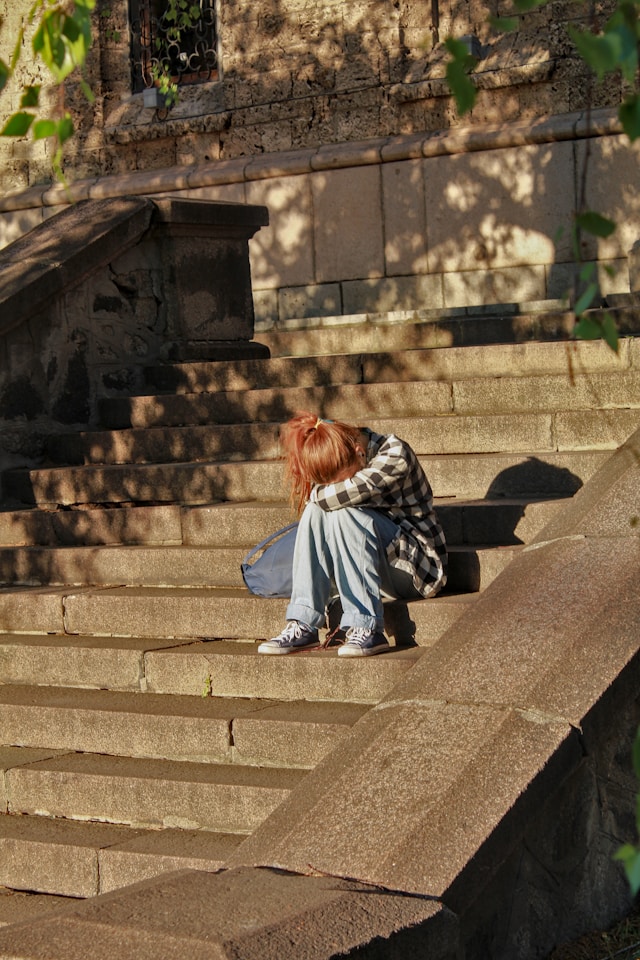United States Surgeon General Vivek Murthy has declared loneliness an epidemic and has warned about the growing problem of loneliness for years. “I’m asking people to recognize that our disconnection from one another is one of the most important foundational issues we are dealing with in society today.” Even before the pandemic separated us from our loved ones, Dr. Murthy viewed our growing sense of isolation as a grave public health threat—on par with smoking or substance abuse. Loneliness has been found to increase depression, suicide, dementia, and reduce life span.
Loneliness isn’t just about being alone. We can enjoy times of solitude as a way to recharge. Being alone and loneliness are not the same. When our needs for relational connection aren’t being met, either because we lack social connections or we aren’t satisfied with the ones we have, we can experience loneliness. Loneliness negatively impacts how the brain processes the world. Connection is both the vaccine and treatment to address this serious public health concern. Positive, secure connections with others are the buffers that help reduce the impact of life stressors.
Everyone can experience loneliness from time to time and it’s important to respond to it in the same way we respond to other sensations like hunger and thirst. When we feel hungry we are reminded that it’s time to eat, when we feel thirsty our body is telling us to fill a glass with water and when we feel lonely our spirit is telling us we need to create, build and strengthen healthy and satisfying connections with others. So, what can you do when you feel lonely? Here are a few suggestions:
Get out of the house and spend time with others
Interacting with people like neighbors, colleagues, even people we pass on the street can help us feel like we’re part of a community. Spend time in public places like parks, local cafés, gyms, libraries, and other places where people gather. Sign up for events at museums or art galleries or book shops where you might meet people who share your interests.
Reach out to family and friends
When we’re feeling low it’s sometimes difficult to find the energy to initiate a get together or even respond to an invitation. Push yourself to create and accept opportunities to be in the physical presence of people who knowsyou and care about you. If you reach out to someone who declines an invitation, don’t give up. Find the courage to contact someone else.
Practice random acts of kindness
When we’re lonely our sorrowful feelings can dominate our thoughts. Focusing on others can help us shift our mood. Being kind to other people can help us feel more connected and spreading joy by our actions can help us feel better too. Offering a seat to a stranger on a crowded bus or buying a cup of coffee for a person behind you in line at the café or holding a door for someone or letting someone go ahead of you in the grocery line. These little acts of kindness can help us feel like we have purpose. Volunteering at a program or social cause that matches with our values and abilities can put us together with like-minded people who could become new friends.
Be kind to yourself
Feelings of loneliness can cause us to focus on our perceived failures or think of ourselves as “needy” or “unlikeable”. Making conscious and intentional efforts to think of ourselves and our circumstances with compassion and empathy is much more likely to pull us out of loneliness than being critical and focusing on our flaws. Suffering, loss and sadness are part of the human condition and having those feelings isn’t because there’s something wrong with us. Recognizing those feelings with compassion and finding healthy ways to respond with care and comfort can enable us to suffer less.
Take good care of yourself
Recognize the connection between physical and mental well-being. Taking care of our bodies can be one of the best things we can do to relieve feelings of loneliness. Physical exercise of any kind, walking, running, yoga, biking, whatever you’re able to do, can get you out of your head. Recognizing that eating our troubles our using drugs or alcohol to blunt our pain really doesn’t help us feel better in the long run. Preparing healthy foods and making sure we get a good night’s sleep can help us feel better.
Do a daily gratitude inventory
Practicing a daily routine of expressing gratitude to self and others can improve social bonds and relieve loneliness. Setting aside a regular time each day to count your blessings even when you’re going through difficult times can help you recognize areas of strength or joy in your life that will help you get through the dark moments of the soul and help you find courage to take action to change what you can change to make things better.
Contact a therapist or connect with a support group, in person or online
Sometimes all of our efforts can’t get us out of a stuck place, and we need the help of others. Talking to a therapist could help us challenge distorted thinking or help us overcome social anxiety or other mental health issues that are blocking us from developing healthy social connections. Support groups can be a place to gain new relational skills and build courage to take steps to enrich our network of social connections.
Don’t let loneliness cast a shadow on your well-being. Respond to it by reaching out to others and comforting yourself as best as you can. Sometimes that means recognizing that there’s no weakness is seeking professional help. If you are suffering from loneliness the way out isn’t alone, it’s through connection.

